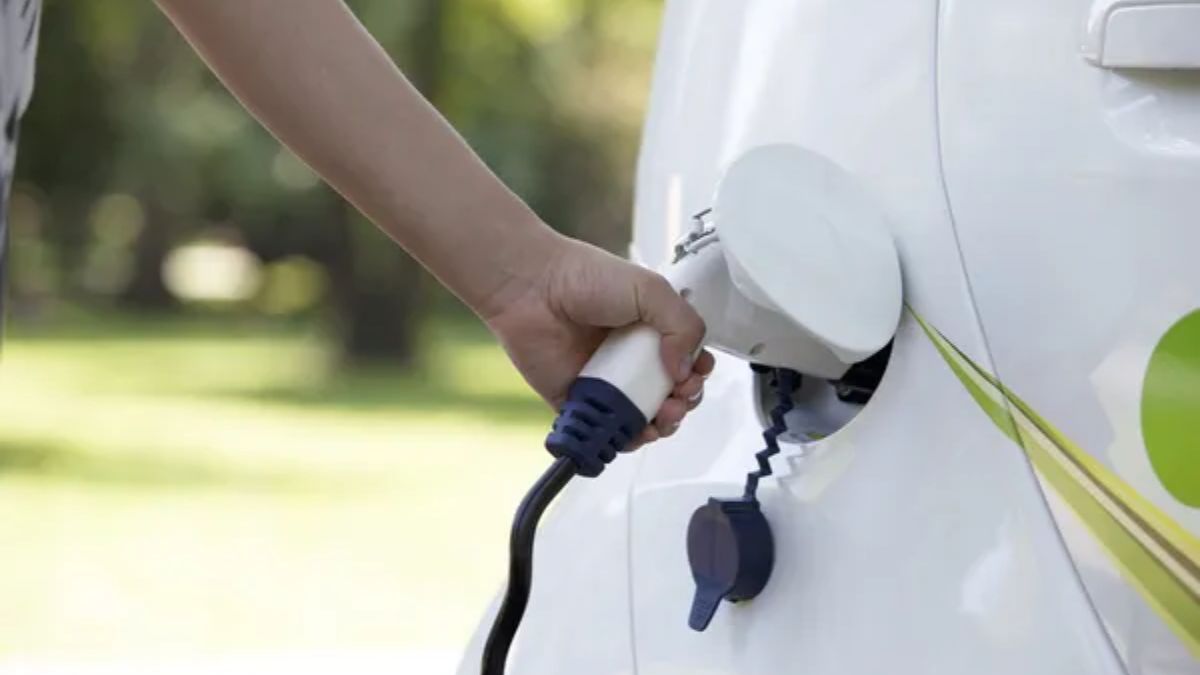
Electric vehicles (EVs) are becoming increasingly popular, but understanding EV battery charging best practices is essential for maintaining battery health, prolonging battery life, and ensuring optimal performance. Whether you’re wondering how often to charge your EV, what charge levels to maintain, or how fast charging affects battery longevity, this guide covers everything you need to know.
How Does an EV Battery Work?
EVs are powered by lithium-ion batteries, which store and discharge energy to drive the electric motor. Unlike traditional gasoline engines, EV batteries rely on charging cycles to replenish energy, affecting their overall lifespan. The number of charging cycles a battery goes through directly impacts battery degradation over time.
EV batteries operate within a battery management system (BMS), which regulates battery charge levels and prevents overcharging or excessive discharge. Understanding how this system works can help EV owners maximize their battery longevity.
2. What Factors Affect Battery Life?
Several factors can affect battery life, including temperature extremes, charging habits, and charging infrastructure quality. Consistently charging to high levels or allowing the battery to discharge too much can accelerate battery wear.
Other factors that can impact battery capacity include:
- Use of fast chargers frequently
- Charging beyond 80% too often
- Battery chemistries, which determine how well the battery holds a charge
Why Shouldn’t You Always Charge to 100%?
While it may seem logical to keep the battery at full charge, charging to 100% regularly can be detrimental to battery health. Battery degradation increases when the battery is charged fully and left at a higher charge level for long periods.
Most manufacturers, including Tesla, recommend keeping the battery to 80% for daily driving to prolong battery life. However, occasionally charging to 100% for long trips is acceptable.
Is It Safe to Charge My EV Overnight?
Home charging is convenient, but charging to full capacity overnight every time can accelerate battery wear. Using a level 2 charger at home allows for better control over the charge level.
Best practices for home charging include:
- Setting a charge limit (e.g., charging to 80%)
- Avoiding keeping the charge level at 100% for extended periods
- Using a home charger with scheduling capabilities
Why Does 20-80 Rule Matters?
The 20-80 rule suggests keeping the battery charge between 20% and 80% for long-term battery health. Staying within this range minimizes stress on lithium batteries and helps maintain battery performance.
When an electric vehicle operates within this range, it reduces the number of charging and discharging cycles, preventing premature battery degradation.
How Does Fast Charging Affect Battery Life?
Fast charging is useful when you’re in a hurry, but frequent use of DC fast charging can negatively affect battery life. DC charging generates more heat, which can cause the battery to degrade faster.
To maintain battery longevity, follow these guidelines:
- Use fast chargers sparingly
- Avoid charging to full capacity at DC fast stations
- Prefer home charging or level 2 chargers for regular use
Should You Regularly Charge at a Public Charging Station?
While charging infrastructure is expanding, relying too much on public charging stations can expose your EV battery to inconsistent voltage levels and higher temperatures, affecting battery health.
To keep the battery in good condition, try:
- Charging at home whenever possible
- Using public chargers mainly for long-distance trips
- Monitoring the battery to charge up to 80% at public stations
How Do Extreme Temperatures Impact EV Batteries?
Extreme temperatures—both hot and cold—can affect battery life and reduce efficiency. Cold weather can cause the battery to lose charge faster, while excessive heat can speed up battery degradation.
Best practices for keeping your battery healthy include:
- Parking in shaded or climate-controlled areas
- Preconditioning the battery to charge at optimal temperatures
- Avoiding fully charging in extreme heat
Does BMS Help Improve Longevity?
A battery management system (BMS) helps optimize battery performance by controlling charge rates and temperatures. Modern EV batteries have built-in BMS to keep the battery safe and efficient.
Features of BMS include:
- Preventing overcharging and deep discharge
- Monitoring battery degradation
- Adjusting power flow to extend battery life
How to Maintain Battery Health for the Long Run?
To ensure the longevity of your battery, follow these charging best practices:
- Charge to 80% for daily use
- Avoid charging to higher levels unless necessary
- Use home charging more than DC fast stations
- Avoid letting the battery degrades due to overuse of fast charging
- Maintain an optimal charging cycle
By following these EV battery charging best practices, EV owners can maximize their battery lifespan, reduce battery wear, and get the most out of their electric vehicle.



